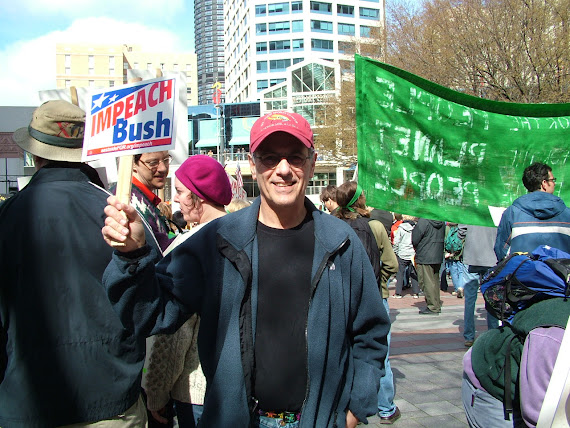In this country we do not have what's called "parent-child privilege." In a legally privileged relationship, such as that between lawyer and client, psychiatrist and patient, husband and wife, or clergyperson and congregant, exchanges are considered confidential. With some exceptions, one party cannot be compelled to testify against the other. But the relationship between parent and child is not privileged.
The testimonial privilege of a witness “shall be governed by principles of common law as they may be interpreted by the courts of the United States in the light of reason and experience.” Fed. R. Evid. 501. Federal courts have the discretion to develop rules on privileged communications based upon privileges extant in common law on a case-by-case basis. In Re Grand Jury Proceedings (Doe), 867 F.2d 562, 564-65 (9th Cir.) ( per curiam), cert. denied, 483 U.S. 906 (1989).
The Ninth Circuit does not recognize a “family privilege” which would encompass confidential communications between a child and parent. United States v. Penn, 647 F.2d 876, 885 (9th Cir.), (en banc), cert. denied, 449 U.S. 903 (1980). Six other circuits are in accord. See, Grand Jury Proceedings of John Doe v. United States, 842 F.2d 244, 247 (10th Cir. 1988); United States v. Ismail, 756 F.2d 1253, 1258 (6th Cir. 1985); United States v. Davies, 768 F.2d 893, 896-98 (7th Cir. 1984), cert. denied, 474 U.S. 1008 (1985); In Re Grand Jury Subpoena Dominic Santarelli, 740 F.2d 816, 817 (11th Cir. 1984) (per curiam); In Re Grand Jury Subpoena Issued to Lawrence Mathews, 714 F.2d 223, 224-25 (2d Cir. 1983); and United Stats v. Jones, 683 F.2d 817, 818-19 (4th Cir. 1982). Thus, the weight of the authority favors a finding against the establishment of such a privilege.
Nonetheless, in In Re Grand Jury Proceedings Unemancipated Minor Child, 949 F. Supp. 1487 (E.D. Washington, 1996), a seventeen year old child sought to quash a grand jury subpoena to avoid having to testify against his parents. The child argued that he would be psychologically and emotionally damaged if forced to testify against his parents. The district court found that although neither the constitution nor common law recognized the existence of a “parent-child” privilege, authority for such a privilege could be found under Evidence Rule 501.
However, the district court found that the child failed to establish the application of such a privilege in the case sub judice. Id. 1497. In denying the minor’s claim of “parent-child” privilege the district court observed that the child had failed to allege that the testimony the government sought would involve a "confidential" parent-child communication. The child had also failed to allege that the confidential communications sought did not involve communications made in furtherance of jointly undertaken criminal activity. Id.
Thus, to the extent that a “parent-child” privilege exists, as with all privileges, there are limits. First, the communication in question must have been between a parent and child. Second, the communication must have been uttered in confidence. Third, the communication must not have involved communications between a parent and child made in furtherance of jointly undertaken criminal activity.
Saturday, December 22, 2007
Subscribe to:
Post Comments (Atom)


No comments:
Post a Comment